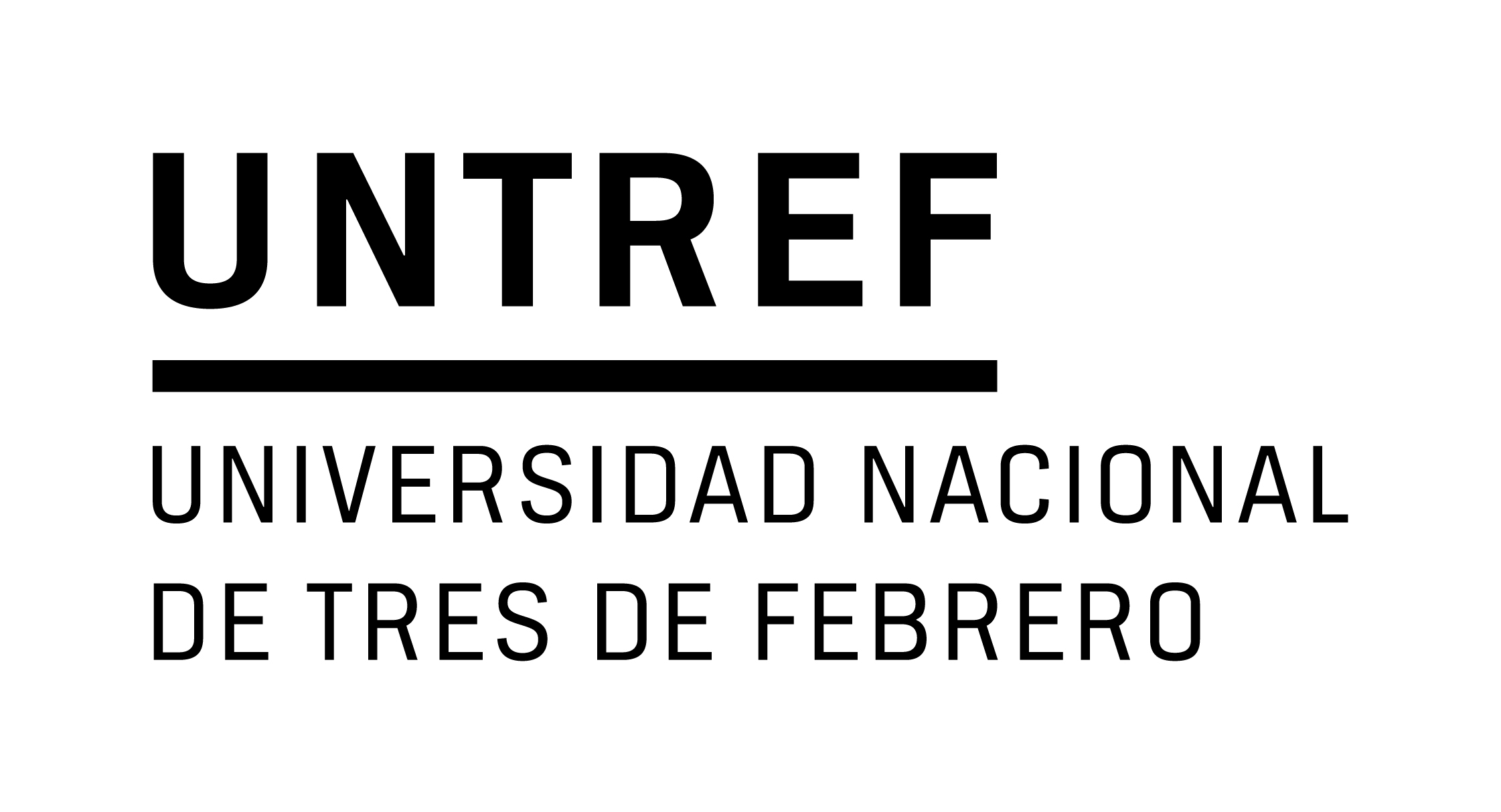Modern day slavery : poverty and child trafficking in Nigeria
Por: Adesina, Olubukola S .
.
Tipo de material:  Artículo Tipo de portador: ImpresoTema(s): POBREZA
Artículo Tipo de portador: ImpresoTema(s): POBREZA| Tipo de ítem | Ubicación actual | Signatura | Info Vol | Estado | Notas | Fecha de vencimiento | Código de barras | Reserva de ítems |
|---|---|---|---|---|---|---|---|---|
| Publicación Periódica | Biblioteca UNTREF - Sede Posgrados | H316/AFR (Navegar estantería) | Vol. 12, no. 2 (mayo 2014) | Disponible | ACK | 2.008881 |
Trafficking in persons, especially children within Nigeria has become a very troubling problem. This paper examines the nexus between poverty and child trafficking in the country. While most research on child trafficking, especially in Nigeria, has been concerned with trafficking across borders, this study fills a gap in the literature by focusing on child trafficking within the country. Utilizing the restricted opportunity theories, the paper argues that poverty and lack of parental support render children more vulnerable to being trafficked. Findings from the study showed that the root causes of child trafficking and the vulerability of rural communities to trafficking are attributable to acute poverty, unemployment, ignorance and ineffectiveness of the legal framework for tackling trafficking in Nigeria. The paper also suggests strategies for addressing this problem.
